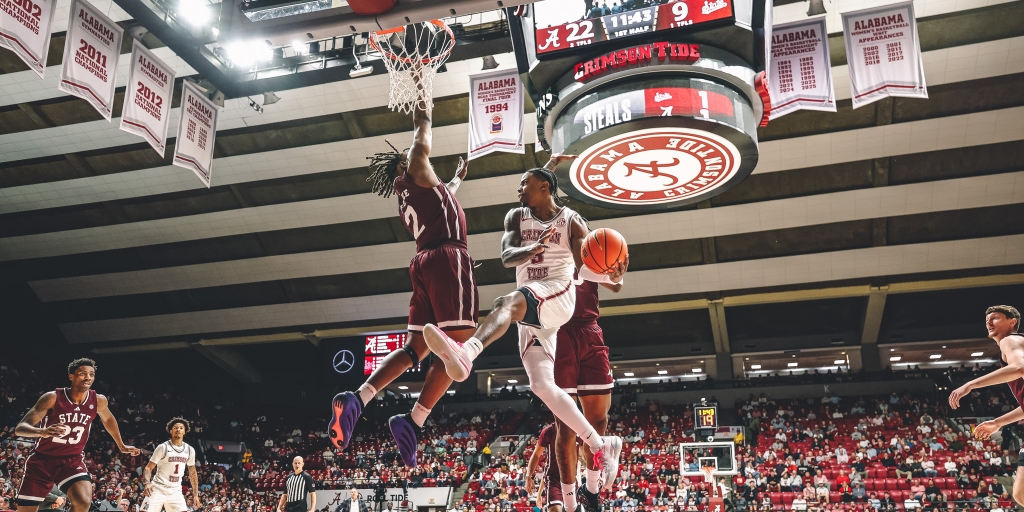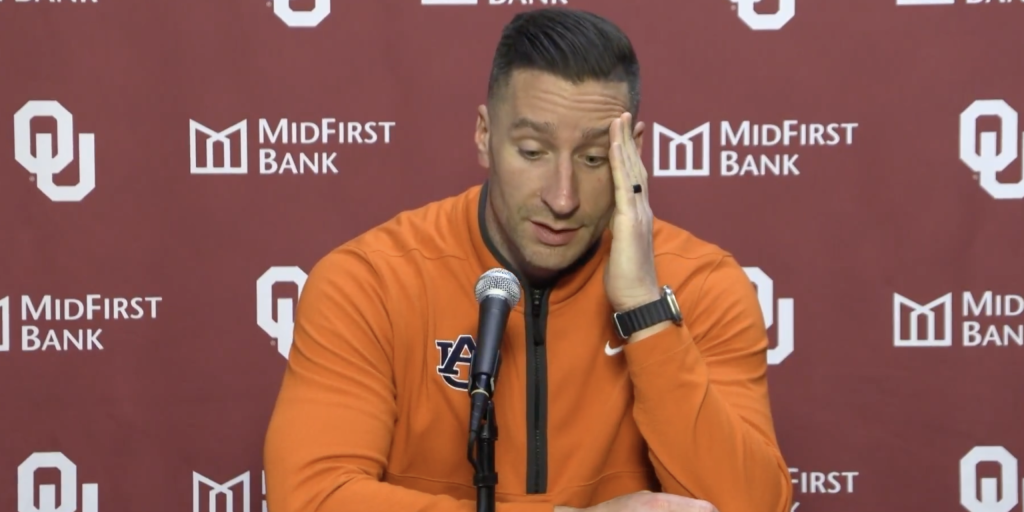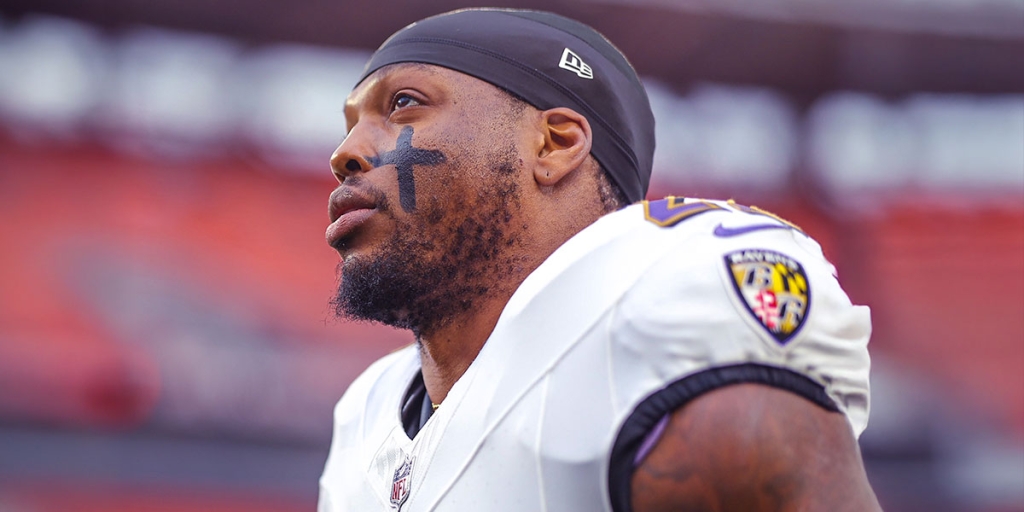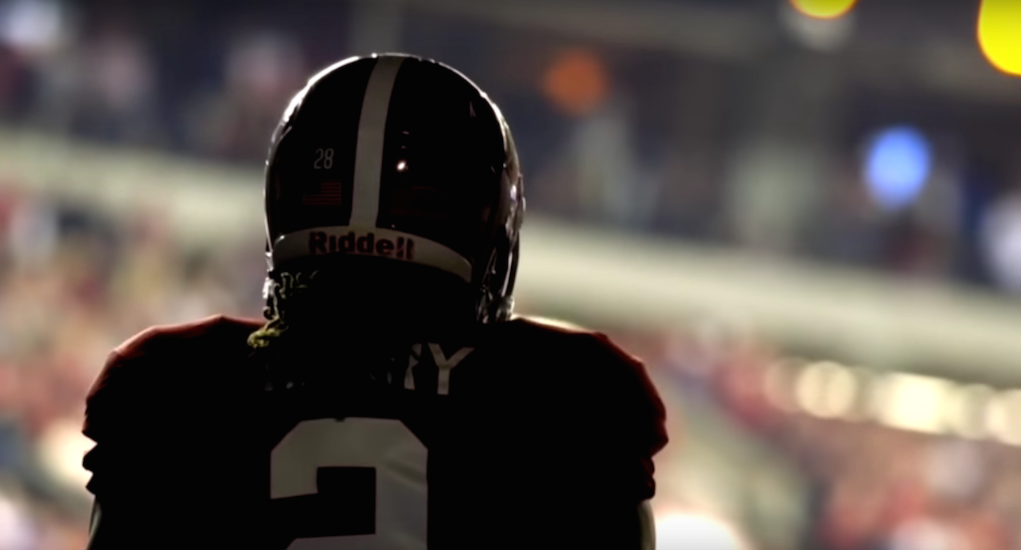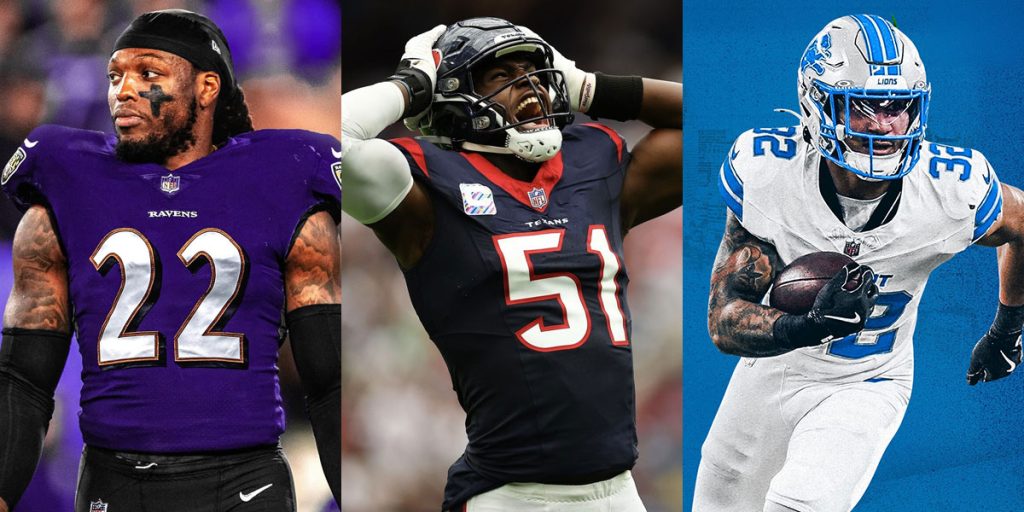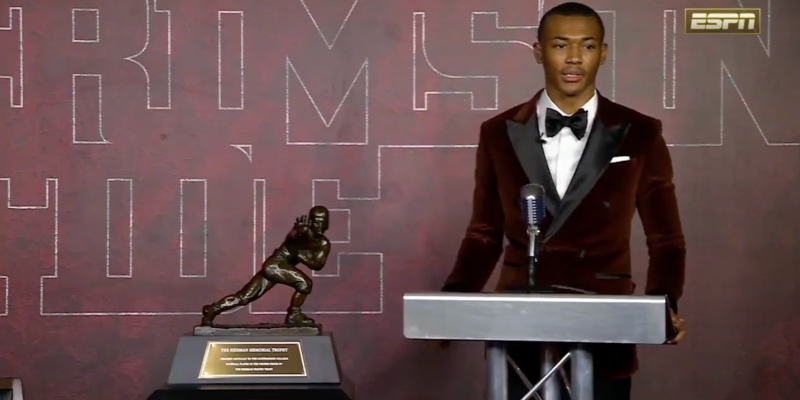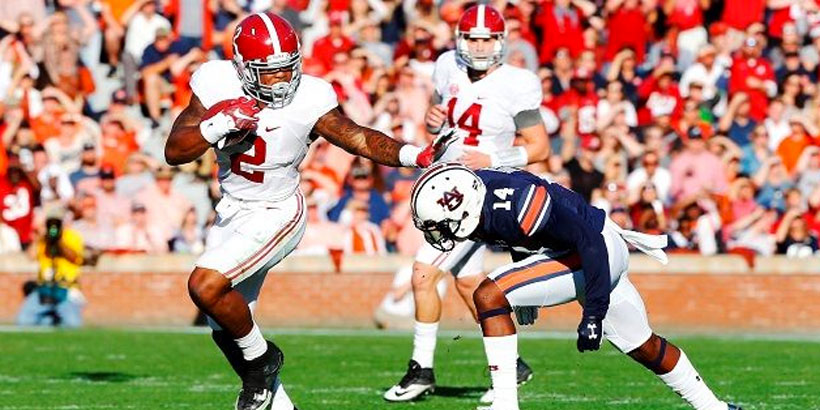
By Alejandro Danois
Heading into this season, the plan was for the Alabama offense to have a two-headed running attack, with 6-foot-3, 245-pund junior Derrick Henry splitting carries with 6-foot-1, 210-pound senior Kenyan Drake. It’s a proven part of the Crimson Tide strategy, attacking defenses with more than one elite ball-carrier. The past few seasons have seen Eddie Lacy and Trent Richardson, Lacy and T.J. Yeldon, and Yeldon and Henry last year pummel their opponents into submission.
Drake’s season effectively ended with a broken arm in the team’s 31-6 victory over Mississippi State on Nov. 14, but Henry’s consistency and productivity prior to that had long relegated Drake to a lesser role.
While widely considered one of the best backs in college football, Henry became the Heisman Trophy front runner (the winner will be announced Saturday evening) on Nov. 7. That night, he outgained the previous favorite, LSU’s remarkable sophomore Leonard Fournette, 210-31 in their head-to-head, primetime matchup that was seen by most of the college football world.
On the final possession of that 30-16 win against the Tigers, Henry sealed the victory by milking the final 9:18 off the clock with 12 bone-crushing, battering ram runs into the teeth of LSU’s defense.
His durability, incredible rushing totals in big games, and the extent to which Alabama’s offense has depended on him all season because of a pedestrian passing attack have been phenomenal.
All of the aforementioned qualities were on display in his incredible performance against Auburn in this year’s Iron Bowl: 46 carries for 271 yards in a 29-13 victory that punched his team’s ticket to the SEC Championship. With his team clinging to a 19-13 lead, he carried the ball on a mind-boggling 19 of Bama’s 21 fourth quarter snaps. Of the 76 total offensive plays that offensive coordinator Lane Kiffin called, more than 60 percent wound up in Henry’s hands.
A week later, he carried Alabama on his back against a rugged Florida run-defense, with another 44 carries for 189 yards, to propel his squad into the College Football Playoffs as the overall No. 2 seed.
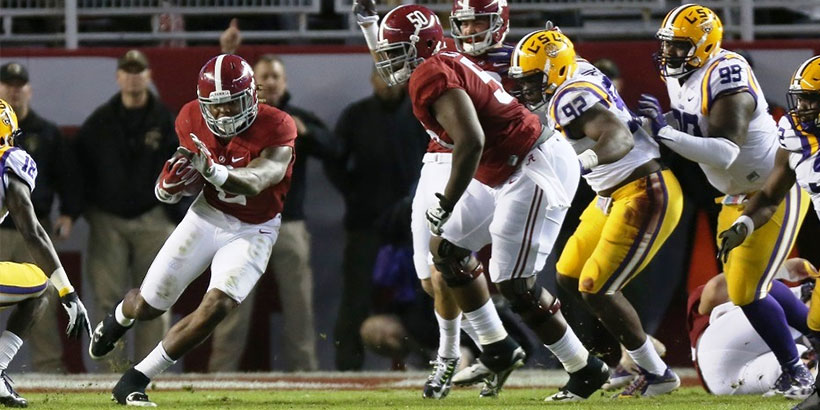
During the regular season, he has plied his craft against seven teams that were ranked in the Top 25 at kickoff time. The only other running backs to have a comparably dominant season while consistently playing against that many ranked teams were USC’s O.J. Simpson and Ohio State’s Eddie George. Both of them, by the way, won the Heisman.
Henry didn’t merely play well against those well-regarded teams, he excelled, averaging 180 rushing yards against those ranked opponents. Individually, he rushed for more yards than Michigan and Wisconsin – two schools noted for their running games – did as an entire team. In his own conference, he has outgained the entire rushing output of Florida, Vanderbilt, South Carolina, Kentucky, Missouri and Mississippi State.
The field of running backs in this season’s Heisman race was exceptional, but neither Ohio State’s Ezekiel Elliot, Florida State’s Dalvin Cook, LSU’s Fournette nor Stanford’s Christian McCaffrey ran for over 200 yards in a game as many times as Henry did.
Henry broke one of the most hallowed records in college football, the great Herschel Walker’s SEC mark for rushing yards in a season, by rushing for 1,986 and counting. It was a record, in a conference that boasts all-time greats like Bo Jackson and Emmitt Smith, that had stood for 34 years. What makes it even more remarkable is that Henry broke the record, one that was set by the gold standard of college running backs, on 39 fewer carries than Walker needed when he set the mark in 1981.
In a culture that is dominated by wide-open passing attacks, Henry has taken us back to earlier times. His play has been reminiscent of some of the greatest to play his position who also walked away with the game’s most prestigious award: Walker, Jackson, Nebraska’s Mike Rozier, Wisconsin’s Ron Dayne and Texas’ Ricky Williams.
In the age of the quarterback and prolific passing attacks, with all due respect to the other finalists, Stanford’s McCaffrey and Clemson quarterback Deshaun Watson, Henry deserves to be only the third running back of this century, alongside Alabama’s Mark Ingram and USC’s Reggie Bush, to win the Heisman Trophy.
Last night at the ESPN Home Depot College Football Awards Show at the College Football Hall of Fame in Atlanta, Henry took home three of the top awards.
Henry became Alabama’s first winner of the Walter Camp Player of the Year Award, given annually to the nation’s top college football player.
Henry became the second Alabama player to win the Maxwell Award, given by the Maxwell Football Club to the college player of the year. He is the first running back in more than a decade to claim the award.
Henry also won the 2015 Doak Walker Award, presented by the PwC SMU Athletic Forum to the nation’s top running back.
Henry is the first player to win all three awards in the same season since 2002 when Penn State running back Larry Johnson brought home the hardware.
Earlier this week, Henry was named the SEC Offensive Player of the Year.
Alejandro Danois is a senior writer and editor with The Shadow League. The former senior editor of Bounce Magazine, he is also a freelance sports and entertainment writer whose work has been published by The New York Times, Sporting News, Baltimore Sun, The Associated Press, Los Angeles Times, SLAMonline and Ebony Magazine, among many others.




